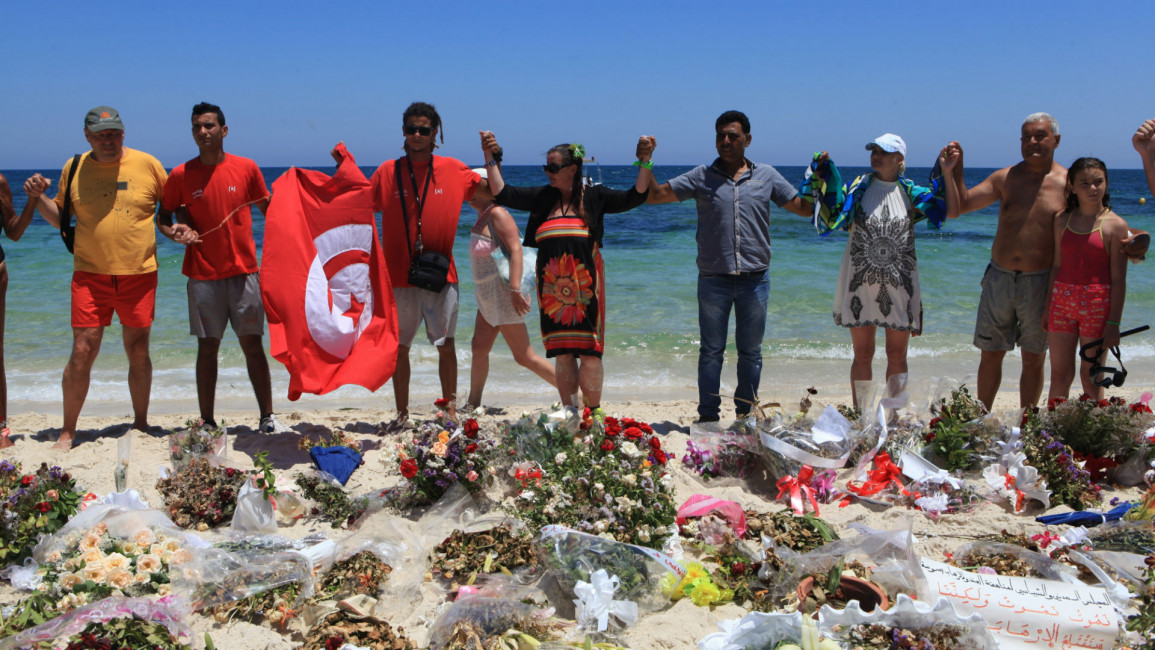Tunisia to try six over 'shambolic' Sousse attack response
Tunisia is set to prosecute six policemen over their response to a 2015 gun and grenade attack on a beach resort that killed 38 foreign holidaymakers, a judiciary spokesman said Wednesday.
The announcement comes a day after an inquest into the deaths of the 30 Britons among them found that the response of Tunisian police was "at best shambolic, at worst cowardly".
The six policemen, who will remain at liberty pending trial, have been charged with "failing to come to the assistance of a person in danger", said Sofiene Sliti, spokesman for the judiciary's counter-terrorism section. No trial date has yet been set.
Sliti said that the six officers were among a total of 33 people who are being prosecuted in connection with the June 2015 attack in Sousse, which was claimed by the Islamic State group.
Of the others, 14 have been remanded in custody, six are out on bail pending trial, and seven are on the run and to be tried in absentia.
Sliti declined to give any details of their identities or the charges that they face.
The examining magistrate finished his investigation of the beach massacre in July last year but it is only in recent days that the case has been referred to the criminal court.
Lone gunman Seifeddine Rezgui was able to go on an extended rampage around the Riu Imperial Marhaba Hotel and the adjacent beach and pool before police finally shot him dead as he fled the scene.
In his findings on Tuesday, British judge Nicholas Loraine-Smith was scathing about the police response.
"Their response could and should have been more effective," he said. "The response by the police was at best shambolic, at worst cowardly."
Lead lawyer Samantha Leek told the inquest that the Tunisian investigating magistrate had found that "the units that should have intervened in the events deliberately and unjustifiably slowed down to delay their arrival at the hotel".
But Tunisia's ambassador to the UK, Nabil Ammar, told the BBC that the accusation that the police had deliberately delayed their arrival was "exaggerated and unfair".



